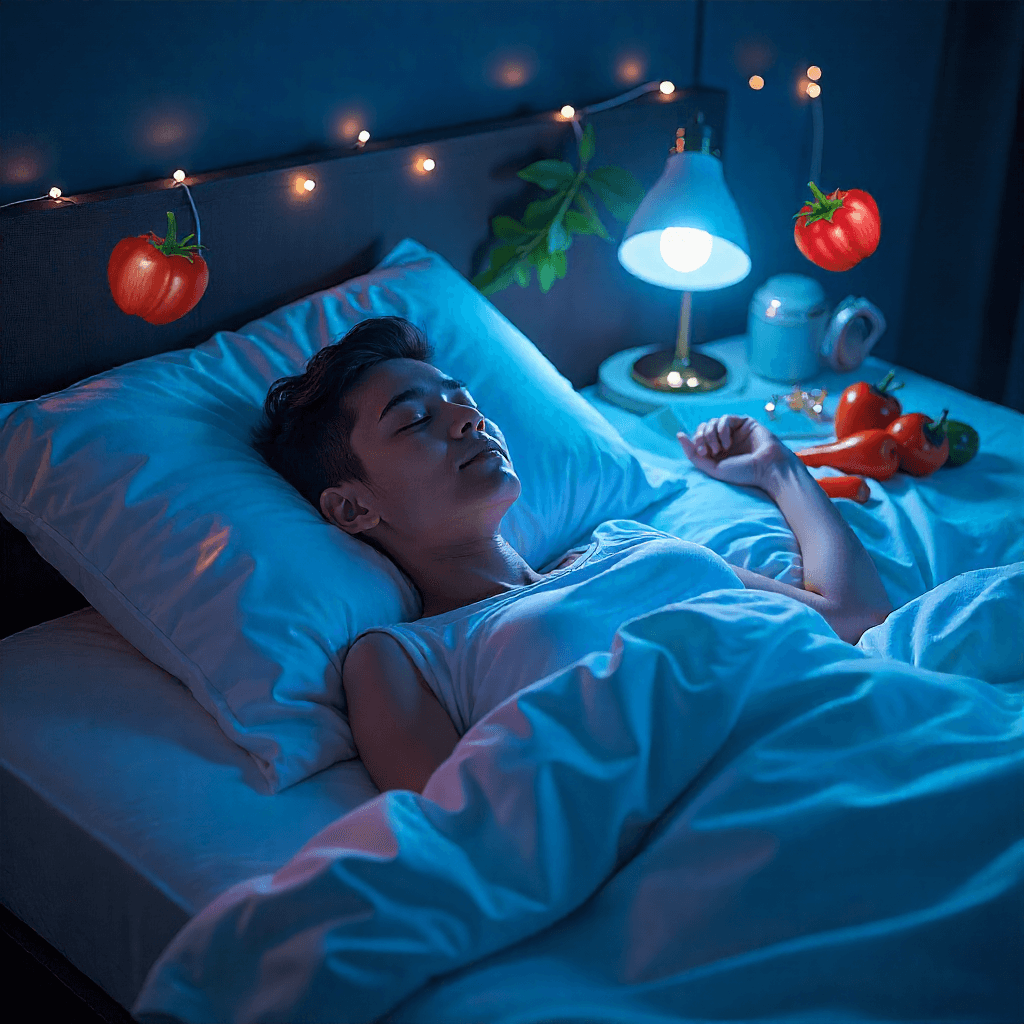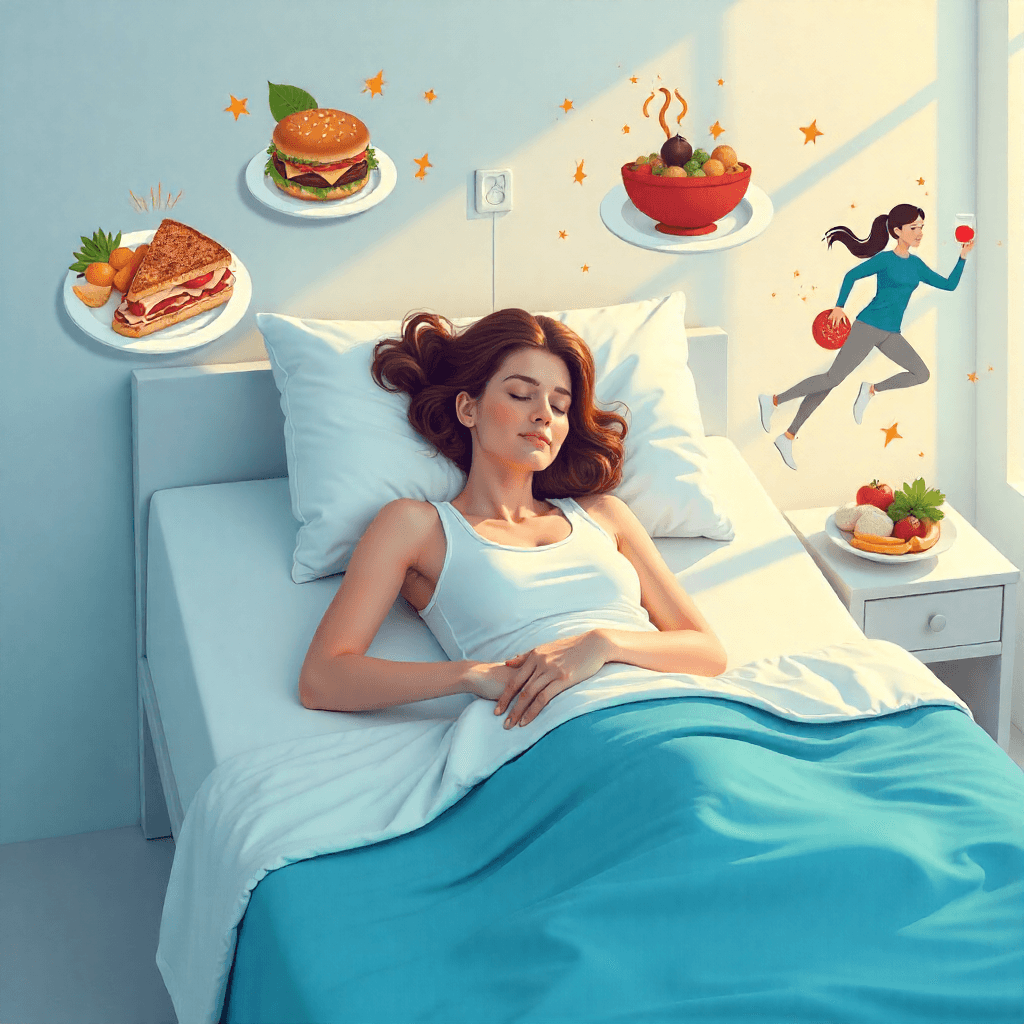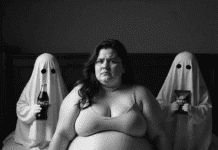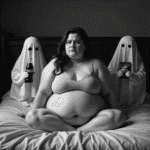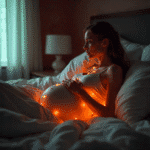This article concentrates on the most dangerous food and drinks that can disrupt sleep. It explaining how these choices impact the quality of your sleep, and provides practical ways to improve your sleeping routine by consuming healthier choices.
Studies have shown that eating habits cause sleep problems. Healthy eating habits can help promote deeper, more restful sleep, whereas poor choices in food can cause sleepless nights. Studies have revealed that eating items that contain caffeine, sugar or other unhealthy fats could dramatically affect the quality and amount of sleep you get.
Table of Contents
Introduction
Sleep is an integral element of overall well-being. It impacts everything from physical health to mental and emotional health ……. our daily lives are directly affected through the level of sleep we. receive. We often don’t realize the effect the food choices we make on how we sleeping patterns in the evening. The food choices we make, particularly during the days leading to bedtime, could aid the body and mind unwind to sleep peacefully or disrupt our sleeping patterns, which can cause us to sway and turn all night long.
.
1. How Food and Drink Can Disrupt Sleep?
It may initially seem strange that food choices has such a profound influence on our ability to rest. But the link between diet and sleep is more complicated than we imagine. Foods we eat may create uncomfortable feelings and change our metabolism. They also affect the nervous system, and can alter circadian rhythm. All of these factors contribute to insomnia.
Its internal timer, also known in”the “circadian rhythm,” is extremely sensitive to external stimuli like food and beverages. Certain foods can disturb the rhythm either by stimulating the brain or increasing enhancialerty or by causing stomach discomfort. For instance, caffeine may interfere with the brain’s receptors which encourage sleep. Also, spicy and high-fat foods can cause discomfort, which can lead to frequent awakenings in the late at night.
Be mindful of the food we eat, especially during the days prior to the time of bed. By doing this we will improve our quality of sleep and wake up feeling refreshed and content.
2. The Worst Foods and Drinks for a Good Night’s Sleep
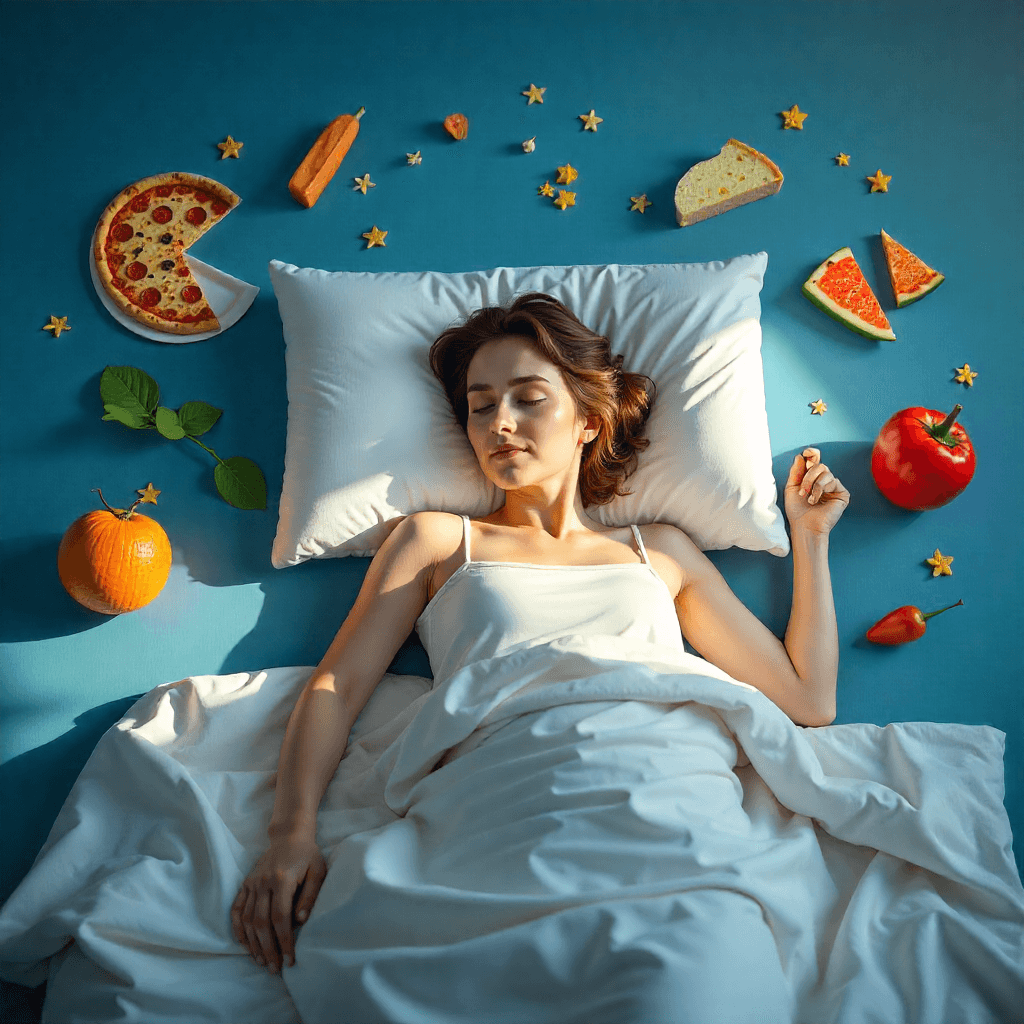
2.1 Caffeine-Laden Foods & Beverages
Caffeine(coffee bar, energy bars and chocolate dark) is one of the most popular sleep stimulants. It is a compound that blocks adenosine that is the neurotransmitter which promotes sleep. Although a cup or two of coffee could be a great method to begin your day but drinking it late in the evening, or in the afternoon may alter your sleep patterns.
The findings of research have proven that caffeine can reduce the time to sleep and reduce the quality of sleep by increasing awakeness throughout the night. According to the National Sleep Foundation, it’s advised to stay clear of caffeine for at minimum six hours prior to going to sleep. It’s not only in your coffee. Chocolate bars with energy, dark chocolate and certain teas are laced with significant quantities of caffeine. These can also be detrimental to your sleep, particularly when consumed at night.
2.2 Alcohol (Beer wine, beers and spirits)
Although alcohol can appear to aid in sleeping but it does the opposite by slowing down your sleep and may cause you to feel tired and ready to to sleep. But, once your body begins to break down alcohol, the process alters your regular sleep cycle by cutting down on the quantity of REM sleep that is the deepest and most restorative phase sleep.
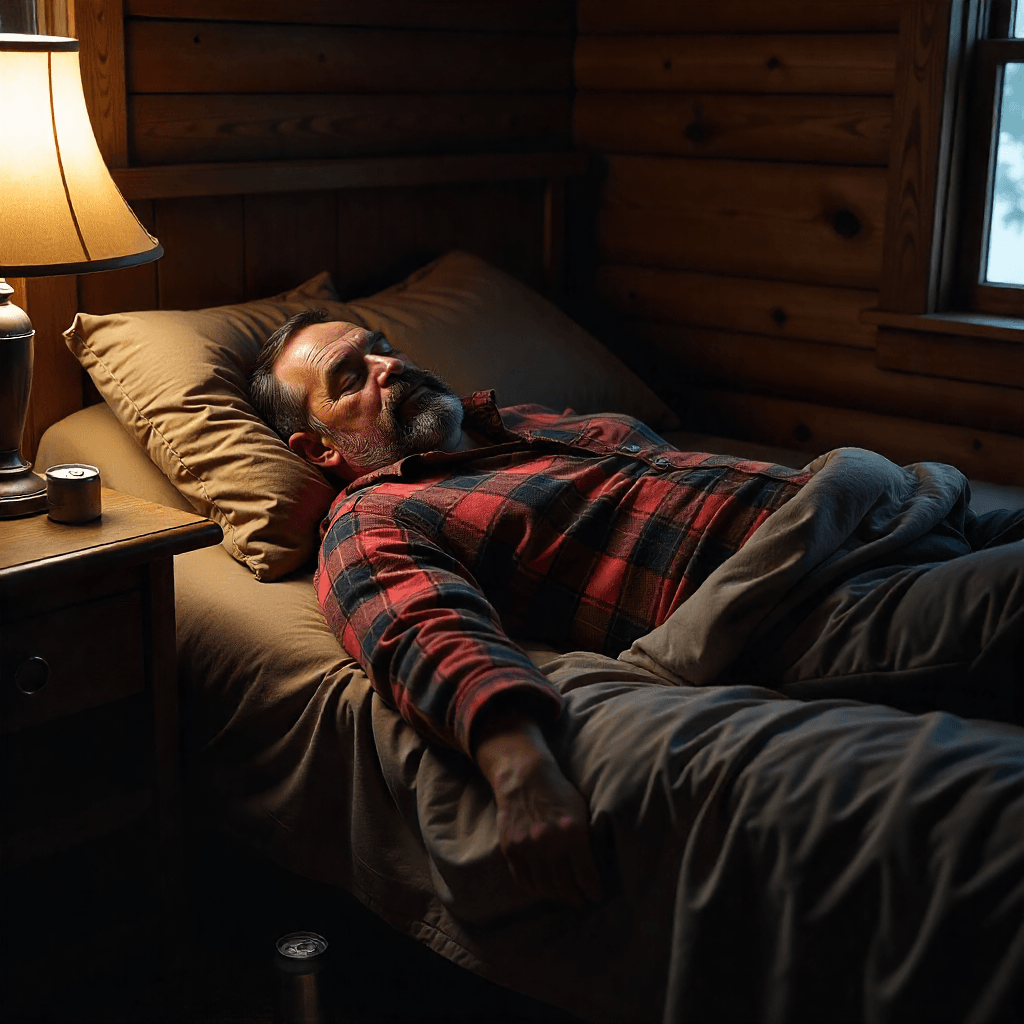
The study published within Alcoholism the Journal of Research and Experimental Research suggests that alcohol interferes with sleep and causes many awakenings throughout the night. This is the reason why people wake up exhausted and tired after having consumed alcohol before go to bed. Alcohol can also cause dehydration that can cause frequent bathroom trips throughout the night, which disrupts your sleep.
2.3 High-Sodium Foods (Processed Foods, Chips, Fast Food)
High-sodium foods like chips and snacks made with processed ingredients, or fast food can disrupt your sleep in a variety of ways. Salt holds water in the body, causing uncomfortable constipation and discomfort. This makes it difficult to relax and sleep. In addition, it raises blood pressure. The above factors can cause your body to relax and fall into deep sleep.
Furthermore, studies have shown that eating large amounts of sodium can increase the chances of waking in the night, especially if you consume salty foods before going to bed. If you’re already affected by sleepiness, adding foods that contain salt or processed to your daily routine could cause additional problems for you.
2.4 Sugar-Filled Snacks and Beverages (Soda, Pastries, Candy)
Consuming sugar prior to bedtime may offer a first boost in energy however, it could ultimately cause rapid drop of blood sugar over the night. It can lead to awake feeling anxious or anxious. If you consume foods that are high in sugar and drinks, you will experience significant fluctuations to blood sugar levels, which can alter the natural process of sleep.
It is the American Heart Association warns that the consumption of excessive sugar isn’t only detrimental to sleep, but it can be a cause of chronic health issues like obesity and diabetes. In addition, foods high in sugar can stimulate, causing your body to go into a state of alertness instead of relaxed.
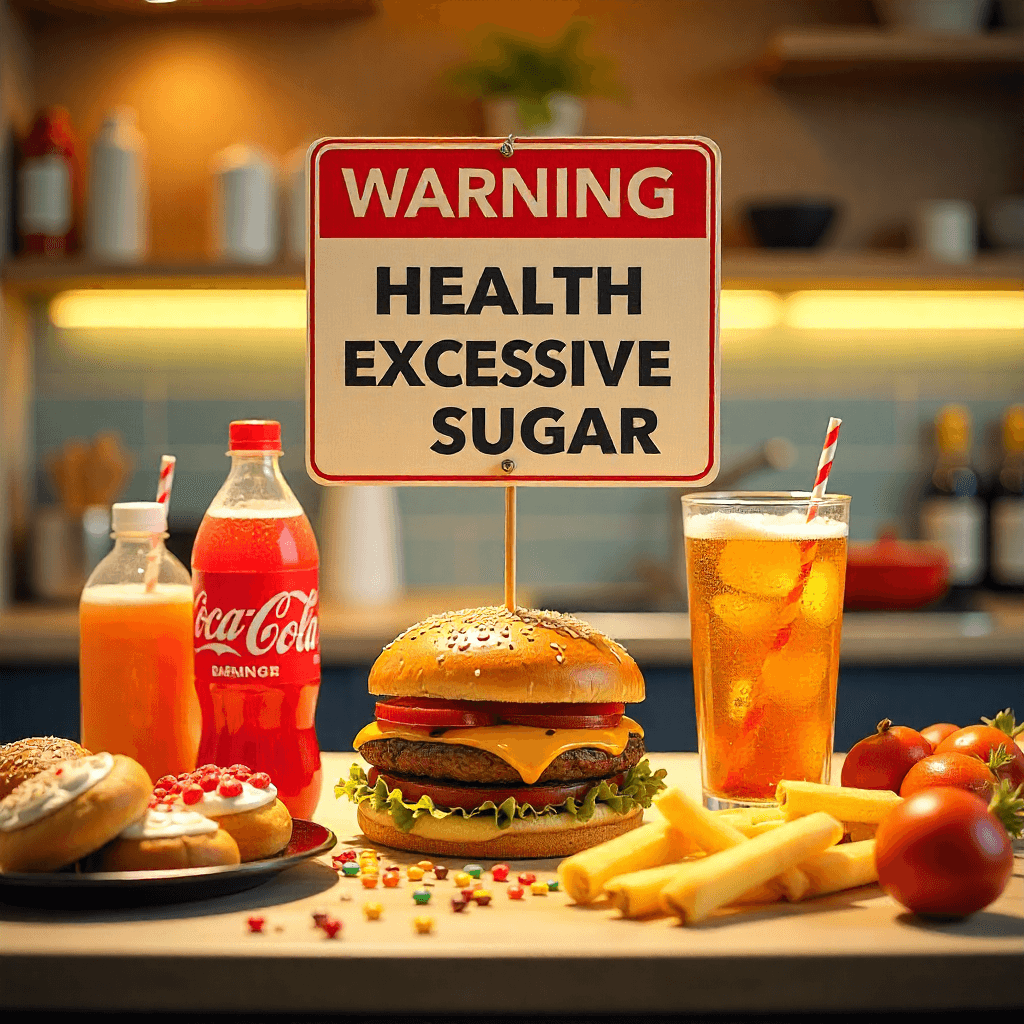
2.5 Acidic Foods and drinks
It comprises tomato sauce, coffee, and citrus fruits… It can cause heartburn and acid reflux. These conditions can keep you awake throughout the night. The most commonly consumed acidic food items include tomato-based sauces, citrus fruits, and spicy food. These food items can cause the acidity of your stomach. The acidity may cause discomfort when you’re eating, especially if you have an irritable digestive system.
Based on the International Foundation for Gastrointestinal Disorders (IFFGD) that consuming certain food items prior to bedtime can trigger acid reflux that can cause the body to be unable to effectively digest food. If you are suffering from acid reflux or has ittbur, it’s important to avoid eating these foods in the evening.
3. Essential nutritional tips and alternatives for better sleep
3.1 Reducing foods rich in sodium
Consider eating meals with low sodium in the evening such as lnuts, and a small portion of fruit to avoid discomfort. Also, let your body relax before heading to bed.
3.2 Reduce sugary snacks and eat more magnesium-rich food.
Try light, healthy choices such as almond butter and bananas. It’s loaded with nutrients that aid in sleep like magnesium ttryptophan as well as han, both of which assist in the promotion of sleep and relaxation.
3.3 Avoid eating spicy and food that is sour late at night.
If you like the taste of tomatoes or citrus take care to eat early in the day. Pick more mild, less acidic choices for dinner so as to not disrupt your sleep.
3. Dietary Adjustments for Better Sleep Quality
Just a few changes to your food habits will dramatically improve your sleeping. Here are some suggestions to improve your diet and get more restful sleep.
3.1 Eat Earlier in the Evening
A large meal just prior to getting ready for bed could cause disruptive in your sleeping. If you consume a substantial dinner late at night your digestive system is full, making it challenging to sleep. In order to allow your body to digest, take your final meal at least 2 hours before the time of bed.
3.2 Opt for Sleep-Friendly Snacks
If you’re an avid snacker at night then you must select items that help you sleep. For example, food items that contain tryptophan like turkey, spinach and almonds as well as cherries containing melatonin, can assist you in relaxing. A bowl made of oatmeal or banana with almond butter is an ideal snack that can help you unwind.
3.3 Drink water well to hydrate the body
Hydration is essential to sleep. However, drinking massive amounts of fluids prior to the time of bed can result in frequent toilet trips during the night. Be sure to drink plenty of water throughout the day and cut down the amount of fluids you drink in the first half hour or so before going to getting to bed.
3.4 Avoid Stimulating Foods
As previously mentioned foods that have high levels of sugar, caffeine and acidity could affect your body and disturb your sleep.stead take a break and eat light food that is calming and doesn’t interfere with your sleep.
Conclusion
Dietary choices can have a significant impact on your quality of sleep. By staying clear of certain beverages and foods, such as alcohol, caff,y snacks, sweet snacks, and acidiffoodsfoods, you, you youds will increase the chances of hrelaxing,,elaxing,g, sound, restful sleep. Alternate diets like eating meals earlier, choosing healthy foods that aid in sleep, and keeping hydrated can have a significant impact on the quality of your sleep and overall well-being.mple changes to your eating choices could result in EASI and ultimately create a feeling of euphoria and like you’re feeling more.
onsDue to your diet and your eating patterns, you’re providing your body with nutrients. They’re laying the base for a better night’s sleep.iThis can affect your mood, concentration as well as your overall well-being.rough these adjustments, you’ll be able to put your body into a healthy sleep pattern and ensure that you wake up and get your day with vigor.
